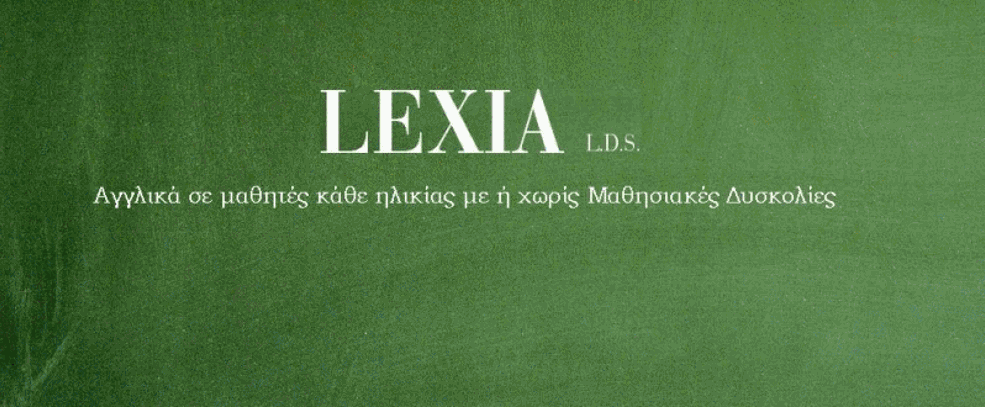Τα επίπεδα και οι αντιστοιχίες τους με τις τάξεις, τις πιστοποιήσεις και την αναγνώρισή τους στο Α.Σ.Ε.Π. έχουν περιγραφεί στα άρθρα:
- Επίπεδα γλωσσομάθειας
Στον παρακάτω πίνακα μπορείτε να δείτε αναλυτικά ανά κατηγορία (λεξιλόγιο, γραμματική, θεματικές προφορικών κ.α.) τι διδάσκεται και τι αναμένεται να έχει κατακτηθεί σε κάθε επίπεδο εκμάθησης της αγγλικής ως ξένης γλώσσας.
(Όποια φωτογραφία θέλετε να μεγενθύνετε, πατήστε πάνω της)
Το Κοινό Ευρωπαϊκό Πλαίσιο Αναφοράς Γλωσσομάθειας (CEFR) - Το Α.Σ.Ε.Π.
- See more at: http://lexialds.blogspot.gr/2013/09/cefr.html#sthash.J1Tx88j5.dpuf
- Το Κοινό Ευρωπαϊκό Πλαίσιο Αναφοράς Γλωσσομάθειας (CEFR) - Το Α.Σ.Ε.Π.- Επίπεδα γλωσσομάθειας
Στον παρακάτω πίνακα μπορείτε να δείτε αναλυτικά ανά κατηγορία (λεξιλόγιο, γραμματική, θεματικές προφορικών κ.α.) τι διδάσκεται και τι αναμένεται να έχει κατακτηθεί σε κάθε επίπεδο εκμάθησης της αγγλικής ως ξένης γλώσσας.
(Όποια φωτογραφία θέλετε να μεγενθύνετε, πατήστε πάνω της)
| Επίπεδα κατά CEFR | Γραμματική |
|
A1 |
Adjectives: common and demonstrative
Adverbs of frequency Comparatives and superlatives Going to How much/how many and very common uncountable nouns I’d like Imperatives (+/-) Intensifiers - very basic Modals: can/can’t/could/couldn’t Past simple of “to be” Past Simple Possessive adjectives |
Possessive s Prepositions, common Prepositions of place Prepositions of time, including in/on/at Present continuous Present simple Pronouns: simple, personal Questions There is/are To be, including question+negatives Verb + ing: like/hate/love |
A2 |
Adjectives – comparative, – use of
than and definite article Adjectives – superlative – use of definite article Adverbial phrases of time, place and frequency – including word order Adverbs of frequency Articles – with countable and uncountable nouns Countables and Uncountables: much/many Future Time (will and going to) Gerunds Going to Imperatives Modals – can/could Modals – have to Modals – should |
Past continuous Past simple Phrasal verbs – common Possessives – use of ‘s, s’ Prepositional phrases (place, time and movement) Prepositions of time: on/in/at Present continuous Present continuous for future Present perfect Questions Verb + ing/infinitive: like/ want-would like Wh-questions in past Zero and 1st conditional |
B1 |
Adverbs
Broader range of intensifiers such as too, enough Comparatives and superlatives Complex question tags Conditionals, 2nd and 3rd Connecting words expressing cause and effect, contrast etc. Future continuous Modals - must/can’t deduction Modals – might, may, will, probably Modals – should have/might have/etc Modals: must/have to |
Past continuous Past perfect Past simple Past tense responses Phrasal verbs, extended Present perfect continuous Present perfect/past simple Reported speech (range of tenses) Simple passive Wh- questions in the past Will and going to, for prediction |
B2 |
Adjectives and adverbs
Future continuous Future perfect Future perfect continuous Mixed conditionals Modals – can’t have, needn’t have Modals of deduction and speculation Narrative tenses Passives |
Past perfect Past perfect continuous Phrasal verbs, extended Relative clauses Reported speech Will and going to, for prediction Wish Would expressing habits, in the past |
C1 |
Narrative tenses for experience, incl. passive Passive forms, all Phrasal verbs, especially splitting Wish/if only regrets | |
Το
Κοινό Ευρωπαϊκό Πλαίσιο Αναφοράς Γλωσσομάθειας (CEFR) - See more at:
http://lexialds.blogspot.gr/2013/09/cefr.html#sthash.J1Tx88j5.dpuf
Το Κοινό Ευρωπαϊκό Πλαίσιο Αναφοράς Γλωσσομάθειας (CEFR) - Το Α.Σ.Ε.Π.
- See more at: http://lexialds.blogspot.gr/2013/09/cefr.html#sthash.J1Tx88j5.dpuf
Το Κοινό Ευρωπαϊκό Πλαίσιο Αναφοράς Γλωσσομάθειας (CEFR) - Το Α.Σ.Ε.Π.
- See more at: http://lexialds.blogspot.gr/2013/09/cefr.html#sthash.J1Tx88j5.dpuf
Το Κοινό Ευρωπαϊκό Πλαίσιο Αναφοράς Γλωσσομάθειας (CEFR) - Το Α.Σ.Ε.Π.
- See more at: http://lexialds.blogspot.gr/2013/09/cefr.html#sthash.J1Tx88j5.dpuf




Δεν υπάρχουν σχόλια:
Δημοσίευση σχολίου